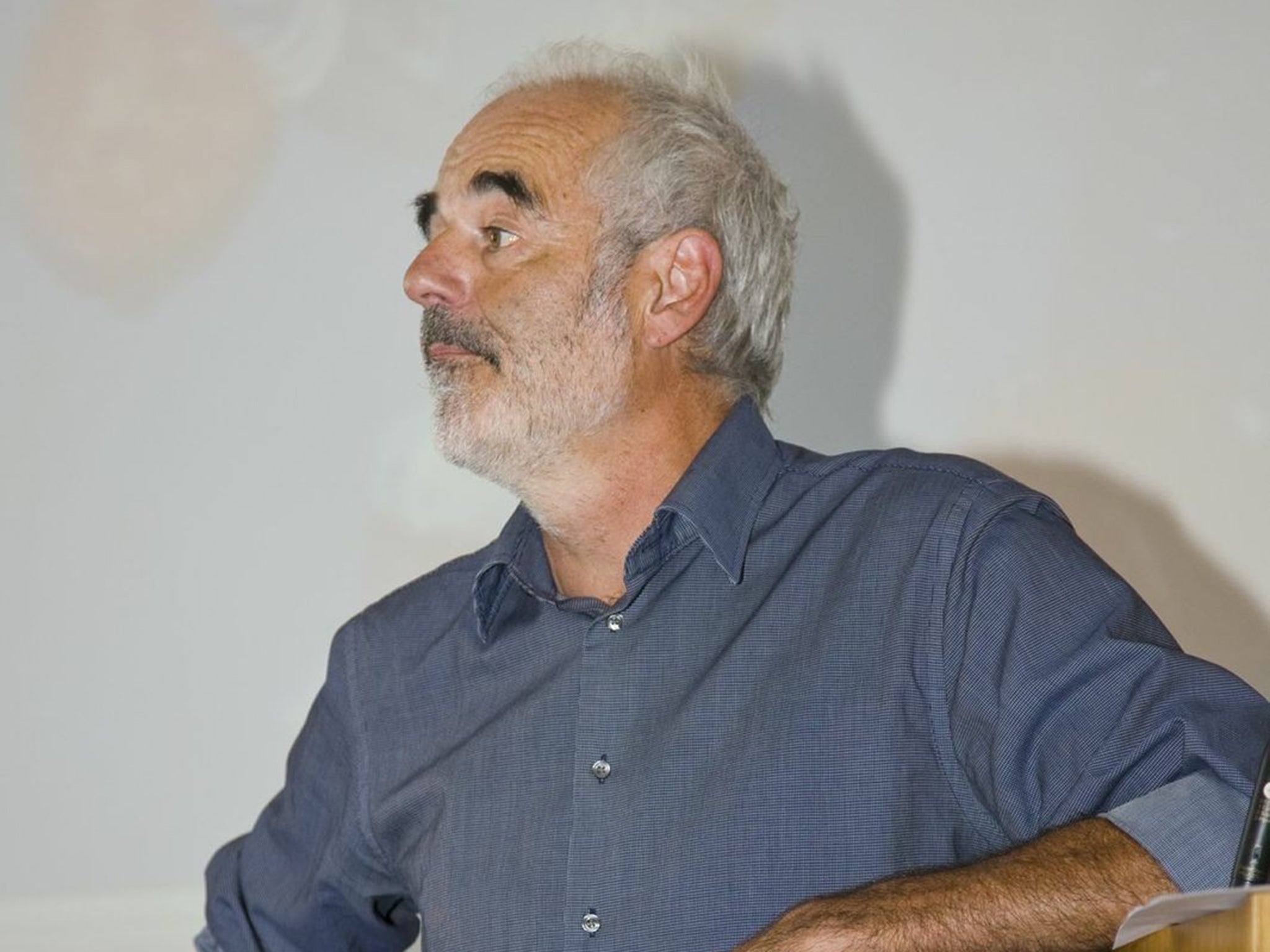Fancy that! A Cambridge professor is setting up parties to uncover uncanny coincidences
Sir David Spiegelhalter came up with the idea after discovering an uncanny coincidence in a graveyard in Whitby...

Have you met a stranger outside a Moscow cafe and discovered that you share a great grandfather who, it turns out, kept a secret second family in South Africa? Have you endured a morning of mishaps involving marmalade and a suitcase before noticing graffiti on a wall that reads: "marmalade suitcase"? Have you driven around Israel in a Nissan Micra you named Jolene before the Dolly Parton hit became the only non-Hebrew song to play on its radio?
Everyone loves a coincidence, something to make your jaw drop before you say, "what are the chances?"; "SUCH a small world" or "that's so spooky!" Then you dine out on your story of chance, perhaps embellishing it each time, for as long as your memory allows (the above examples were among dozens I solicited from colleagues yesterday).
Dickens loved coincidences, too, and referred to his own, often-criticised reliance on them to make plots work. Jung was fascinated by the meaning of conspiracy theories many of us find in the "synchronicity" of events, a concept he first described in the 1920s. For Sir David Spiegelhalter, the Cambridge statistician and professor of the Public Understanding of Risk, coincidences are something to be celebrated, ideally today, because they are good for us.
Tonight, Spiegelhalter will host a party in London as part of Huntrodds' Day, an event he conceived after finding inspiration in a Whitby graveyard. A plaque there commemorates Frances and Mary Huntrodds, who were born on the same day (19 September 1600), married on their birthday and then died on that day, in 1680. "So fit a match surely could never be, both in their lives, and in their deaths, agree," the tribute ends. The coincidental couple started Spiegelhalter thinking about the chances of a husband and wife sharing a birthday, among other things. "If you get engaged and decide to marry and then say, 'oh by the way dear, what is your birthday?' it's one in 365," he explains. "But if you meet somebody, and for some reason it comes up, 'when's your birthday?' And they say 'September 19th' and you say, 'goodness me, mine's September 19th too, let's get married!' then that might increase the odds."
Huntrodds' Parties require groups of 23 (preferably strangers) to meet, while wearing only name badges. The challenge: to find as many coincidences as possible and award a prize to the best one. Why 23? Because it gives a party a head start; in a group of that size, the odds of two people sharing a birthday are already one in two. But while the professor hopes for more remarkable coincidences – and perhaps even future marriages – he is especially interested in the process.
"The crucial thing about this is that, for coincidences to happen, you have to talk to people, and notice things," he says. "Think of all the people you have never spoken to, the countless connections that you miss because you couldn't notice them. My only surprise is how few of these big coincidences do occur." As Dickens wrote, while recapping a series of coincidences in Bleak House, as if to justify them: "What connexion can there have been between many people in the innumerable histories of this world, who, from opposite sides of great gulfs, have, nevertheless, been very curiously brought together!"

Spiegelhalter, who has been nicknamed Professor Risk after taking up his role in Cambridge's maths faculty in 2007, is also keen to change perceptions. "I prefer to think of risk, which makes us think of accidents, as chance, which has more positive connotations," he explains. "Chance works positively when we win the lottery, but if we don't buy tickets or don't gamble, the main way chance works is through coincidental events. They are important to us, and I also find them uplifting."
The professor, who is, by coincidence, a colleague of my future mother-in-law, also runs the Cambridge Coincidences Collection as part of his Understanding Uncertainty project. The website invites anyone to post coincidences, classify them (for example: meeting someone you know in an unlikely place; finding a link with someone you meet) and rank them, from "quite surprising" to "eerily bizarre".
In a year and a half, Spiegelhalter has collected more than 4,000 coincidences to analyse and enjoy, the most common category being the most social – the discovery of links with strangers. As well as encouraging people to engage in maths, he hopes to use the database to learn more about coincidence, "whether by doing the maths to calculate the chances of a coincidence, or speculating on the weird and wonderful workings of our brains". The collection is also of interest to academics who are trying to develop more sophisticated, automated methods to analyse data that is made up of free text, rather than numbers or ticked boxes.
His favourite submission? "It's actually a simple one of a woman who was sitting next to a stranger over breakfast in Rome. They found out their sons worked for the same company. One phoned her son, to find that he was sitting right opposite the other son, and passed him the phone… It's a lovely one because it completes the circuit of coincidence." But, he adds, "it would never happen to me, because I wouldn't talk to anybody over breakfast".
To submit your own coincidence or find out how to attend a Huntrodds' Party, go to: Cambridgecoincidences.org; Huntrodds.com
Join our commenting forum
Join thought-provoking conversations, follow other Independent readers and see their replies
Comments
Bookmark popover
Removed from bookmarks